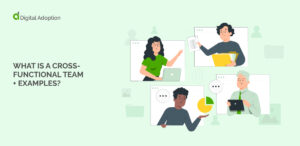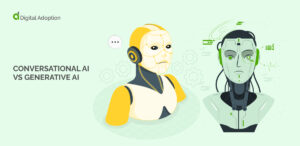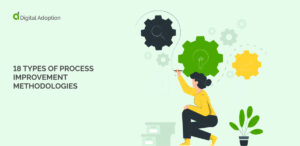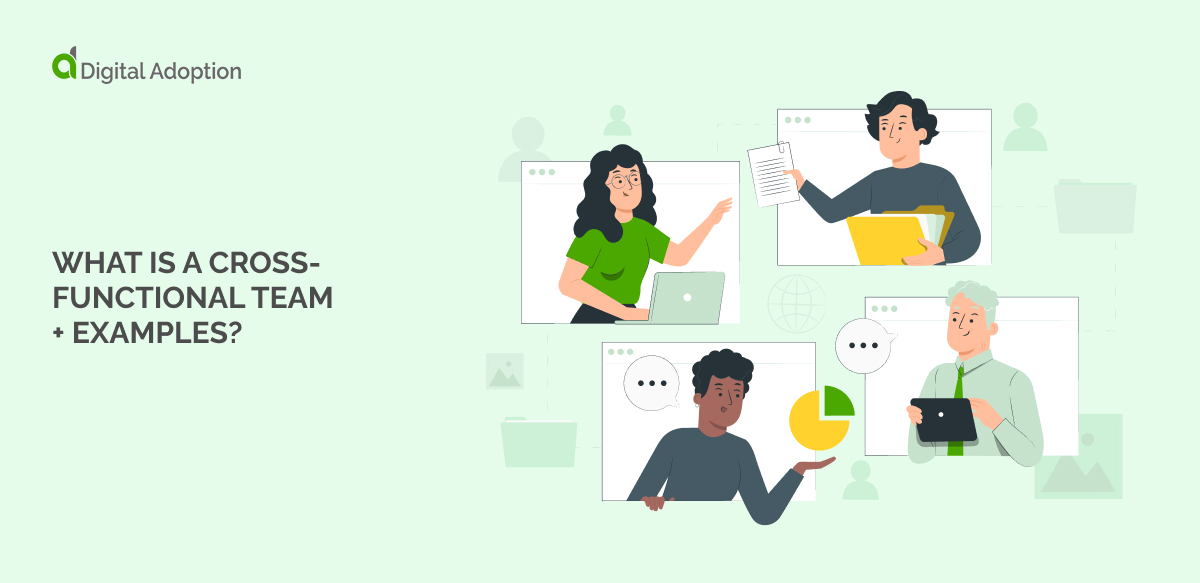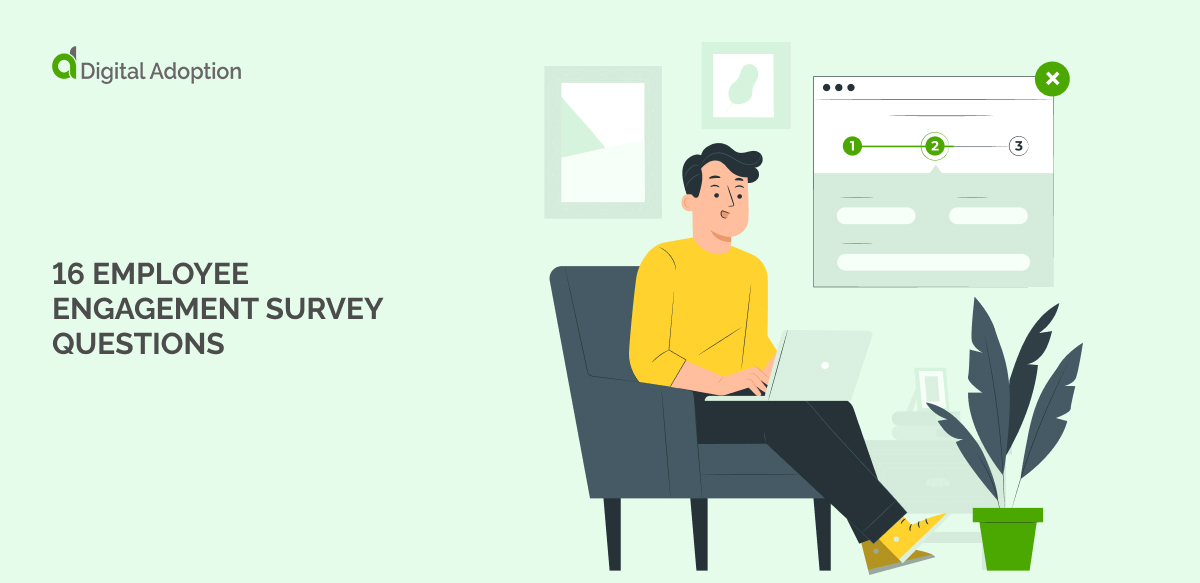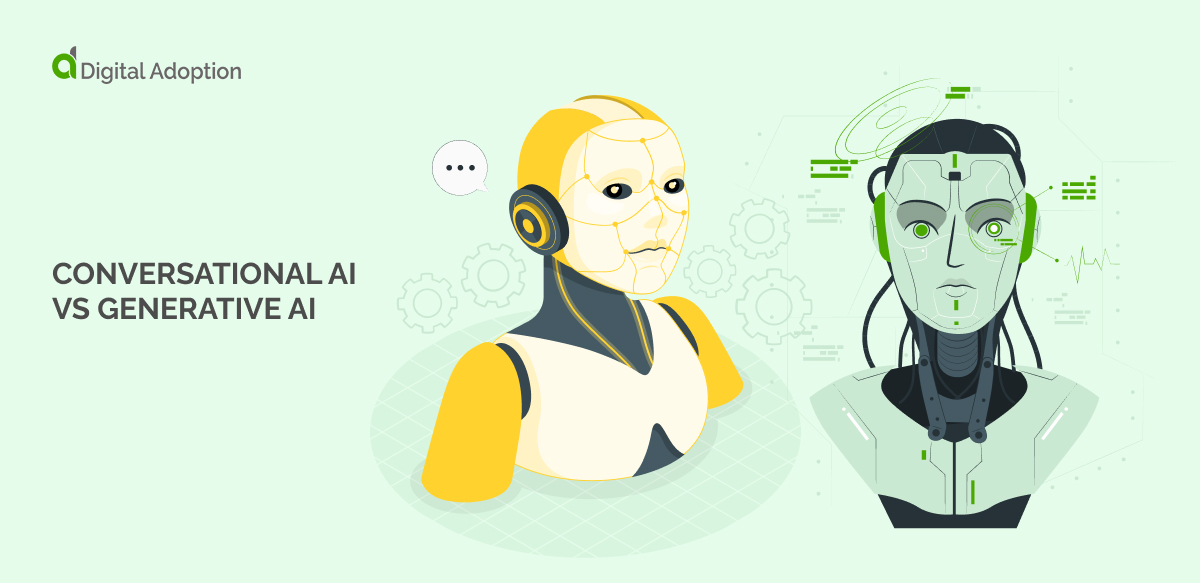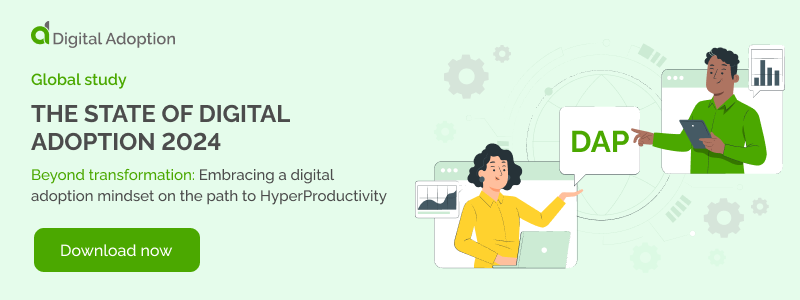Natural language processing (NLP) is an AI-powered technology that may be young, but it promises to add significant value to businesses in the years to come.
In fact, it already is being used in a wide variety of applications, from search engines to customer service chatbots.
This article will explore what NLP is, how it can be used in a business context, and how it can be used to accelerate an organization’s digital transformation.
How Natural Language Processing (NLP) Can Boost Business Performance
Natural language processing (NLP) is a technology designed to understand and process human language, either spoken or written.
Here are just a few examples of how NLP applications can be used in business:
- Chatbots can be used to automate customer service, either through voice chats or online chats
- Translation apps, such as Google translate, can extract the meaning of a text and then translate that text from one language to another
- Apps that use semantic search functionality can help customers find support articles on a help site
- Generative language apps can be used to automatically create text content, such as headlines or short snippets of information
- NLP apps can be used to analyze large swaths of data, such as social media data, and understand customer sentiment, which can then be used to improve the customer experience
All of these examples can generate significant bottom-line benefits for an organization, since they automate many tasks that are normally performed by humans.
Unsurprisingly, since machines are less costly than human labor, the use of these tools can result in major savings. Many predictions suggest, for instance, that AI can automate the vast majority of call center tasks, vastly reducing the cost of customer service.
How NLP Works
NLP is composed of several other AI-powered tasks, which includes:
- Voice recognition, or speech recognition
- Grammatical tagging, or assigning parts of speech to words in a piece of text
- Disambiguating the meaning of specific words
- Sentiment analysis, or the assignment of different emotions to a piece of text or speech
- Text generation, or the creation of natural-sounding human text
All of these tasks can be viewed as components that comprise the overall discipline of NLP.
An app will typically make use of several of these components at once, rather than all of them simultaneously. A sophisticated translation app, for instance, would use most or all of these functions when translating a piece of text.
When translating text from one language to another, for instance, it will often be necessary to:
- Have a grammatical understanding of the source language
- Use voice recognition if the input is vocal
- Analyze the sentiment, in instances where sentiment could impact the meaning of the text
- Generate a readable and grammatically accurate translation
Yet for a completely functional app, it is also necessary to have additional AI-powered language tools in addition to those listed here. Other useful functions include, for example, optical character recognition (OCR), or the ability to recognize individual letters and numbers.
How to Implement NLP-Based Apps in Your Business
There are a few common ways to utilize NLP-based applications in your business.
The most common use cases were covered above and include:
- Automated customer service solutions. Chatbots, as mentioned, can be used on a website or inside an app to provide customer care – for example, NLP can also be used directly over the telephone, providing more personalized and efficient services than traditional phone trees. More sophisticated chatbots can be used for more specialized scenarios. Chatbots, for instance, can be used in telehealth to perform basic patient tasks, such as intake.
- Textual analysis and summarization. Large blocks of text aren’t uncommon in the business world, and they can often be time-consuming to read, analyze, and summarize. With NLP, however, it is possible to feed the text into an app and receive quick summaries of documents such as legal contracts. The result is significant savings in employee work hours and, consequently, employee costs.
- Brand monitoring in marketing. Sentiment analysis, as mentioned, can gauge people’s feelings towards a subject based on their text. When applied to the large-scale analysis of, for instance, website comments or social media content, NLP can offer fast insights into customers’ feelings about a topic.
- Virtual assistants. A virtual assistant can be used for either consumers or business users. Siri and Google Now are two examples of consumer-oriented virtual assistants that can be used to perform tasks such as scheduling calendar appointments, setting reminders, sending messages, calling contacts, and more. Yet these virtual assistants can also perform similar tasks for business users, simplifying rote business tasks that can include appointment scheduling, sending emails, and, at some point, even transcribing meeting notes.
- Self-service support portals for customers or employees. A self-service portal can be used for customer care, technical support, or other business activities, such as submitting incident reports to IT, completing HR onboarding procedures, or any other standard job task.
Small- to medium-sized businesses would likely want to consider a prepackaged solution, such as a SaaS solution, that can be easily integrated with their organization. Though these offer less customization options than enterprise-grade options, they are far more affordable and they still offer a significant amount of value for the money.
Large organizations, on the other hand, may have specific needs and complex processes that could benefit from custom-tailored NLP solutions. In this case, it would be best to contract with a vendor that can develop unique NLP applications.




